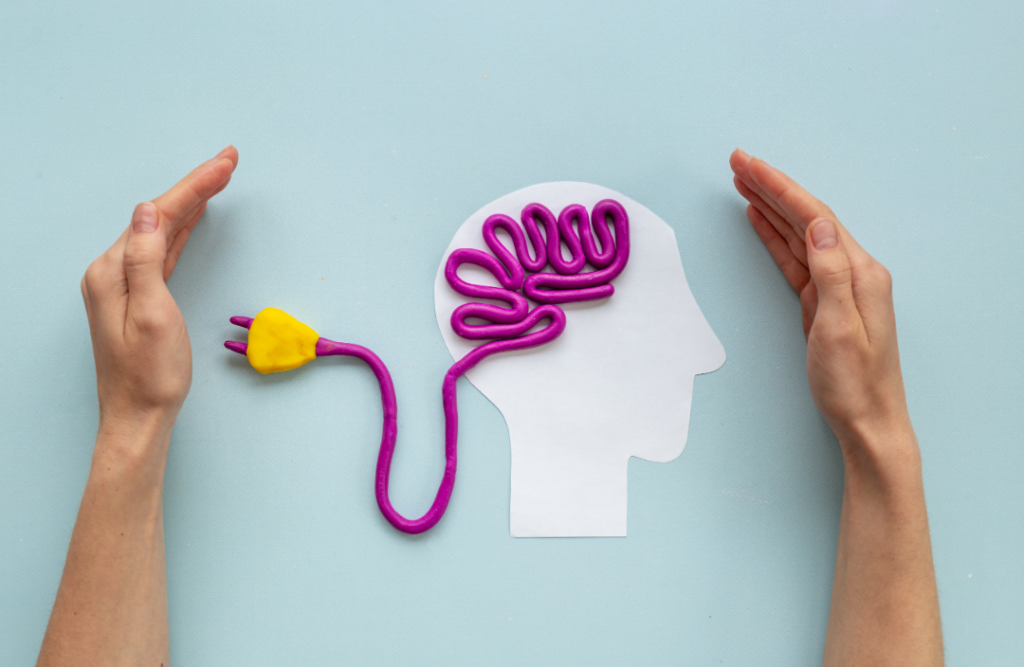What is EMDR and how can it help me?
EMDR (Eye Movement Desensitization and Reprocessing) is a psychotherapy that enables people to heal from the symptoms of emotional distress that are the result of disturbing life experiences.
Repeated studies show that by using EMDR therapy people can experience the benefits of psychotherapy that once took years to make a difference. Is widely assumed that severe emotional pain requires a long time to heal. EMDR therapy shows that the mind can in fact heal from psychological trauma much as the body recovers from physical trauma. When you cut your hand, your body works to close the wound. If a foreign object or repeated injury irritates the wound, it festers and causes pain. Once the block is removed, healing resumes.
EMDR therapy demonstrates that a similar sequence of events occurs with mental processes. The brain’s information processing system naturally moves toward mental health. If the system is bocked or imbalanced by the impact of a disturbing event, the emotional wound festers and can cause intense suffering. Once the block is removed, healing resumes.
Using the detailed protocols and procedures learned in EMDR therapy training sessions, clinicians help clients activate their natural healing processes.
Although most research into EMDR has examined its use in people with posttraumatic stress disorder (PTSD), EMDR is increasingly being used to treat other psychological challenges.

EMDR issues include
- Panic attacks
- Eating disorders
- Addictions
- Anxiety, such as discomfort with public speaking or dental procedures.
What can you expect from EMDR?
An EMDR treatment session can be as long as 90 minutes. Your therapist will move their fingers back and forth in front of your face and ask you to follow these hand motions with your eyes. At the same time, the EMDR therapist will have you recall a disturbing event. This will include the emotions and body sensations that go along with it.
Gradually, the therapist will guide you to shift your thoughts to more pleasant ones. Some therapists use alternatives to finger movements, such as tapping sounds or musical tones.
People who use the technique say EMDR can weaken the effect of negative emotions. Before and after each EMDR treatment, your therapist will ask you to rate your level of distress. The hope is that your disturbing memories will become less disabling.

